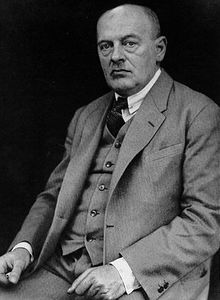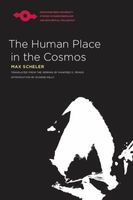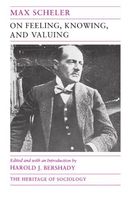
Max Scheler
About
Max Ferdinand Scheler was a German philosopher known for his work in phenomenology, ethics, and philosophical anthropology. Considered in his lifetime one of the most prominent German philosophers, Scheler developed the philosophical method of Edmund Husserl, the founder of phenomenology. Given that school's utopian ambitions of re-founding all of human knowledge, Scheler was nicknamed the "Adam of the philosophical paradise" by José Ortega y Gasset. After Scheler's death in 1928, Martin Heidegger affirmed, with Ortega y Gasset, that all philosophers of the century were indebted to Scheler and praised him as "the strongest philosophical force in modern Germany, nay, in contemporary Europe and in contemporary philosophy as such." Scheler was an important influence on the theology of Pope John Paul II, who wrote his 1954 doctoral thesis on "An Evaluation of the Possibility of Constructing a Christian Ethics on the Basis of the System of Max Scheler", and later wrote many articles on Scheler's philosophy. Thanks to John Paul II as well as to Scheler's influence on his student Edith Stein, Scheler has exercised a notable influence on Catholic thought to this day.





